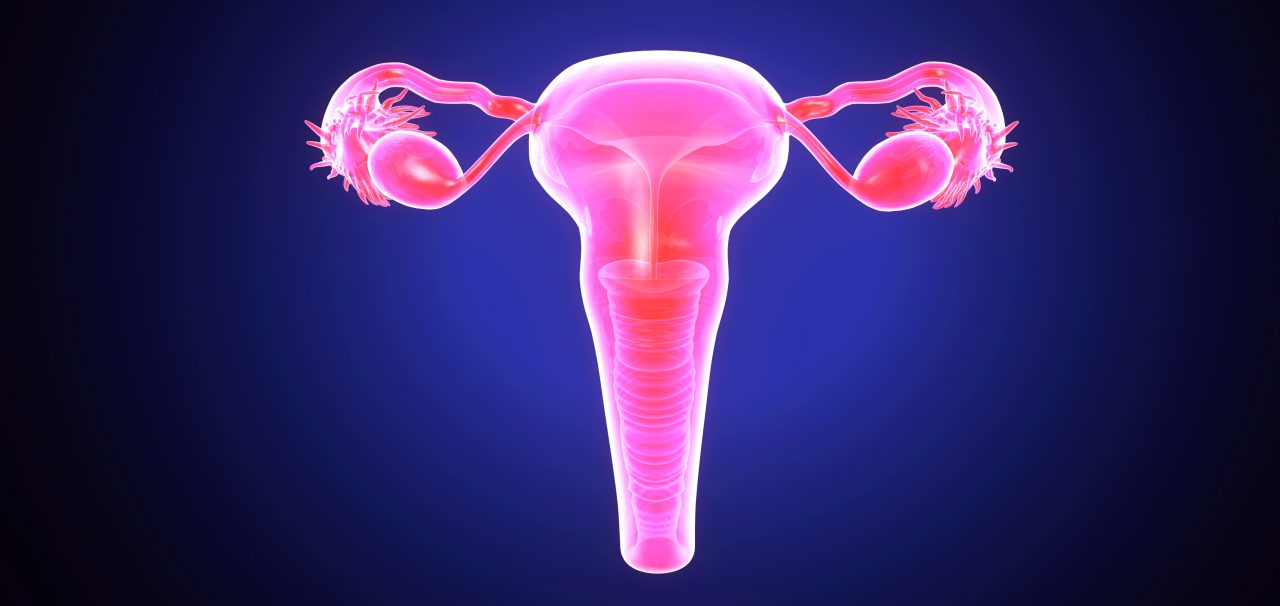Tests for Cervical Cancer

Screening tests are important tests for cervical cancer. An abnormal Pap test or symptoms like abnormal bleeding require additional tests for cervical cancer.
There are two important facts about tests for cervical cancer which should encourage every woman between the ages of 21 and 65 to have regular screening tests for that malignancy (and some women up to the age of 70), according to the Centers for Disease Control and Prevention (CDC).
For starters, the CDC calls cervical cancer “the easiest gynecologic cancer to prevent” because precancerous changes on the cervix can be found early and treated before they become cancer. And cervical cancers that have already developed have a very high rate of cure if the disease is found at an early stage.
Pap test screening for cervical cancer
The Pap test (also called a Pap smear) screens for abnormal changes in the cervix. A positive Pap test doesn’t necessarily mean you have cancer, but it indicates you need additional tests for cervical cancer.
For accurate results, don’t schedule your Pap test when you will be having your menstrual period, the CDC advises. In addition, for at least two days before your Pap test:
- Don’t use a tampon.
- Don’t engage in intercourse.
- Don’t douche, even with water.
- Do not use any medication or birth control foam, cream, or jelly in your vagina.
During a Pap test, which is conducted in your doctor’s office or a clinic, your vagina is widened with a metal or plastic instrument called a speculum so your doctor can examine your vagina and cervix. A few cells and mucus from the cervix and surrounding area are collected, placed on a slide or in a bottle, and sent to a laboratory for analysis to see if the cells are normal.
Updated:
March 18, 2020
Reviewed By:
Janet O’Dell, RN